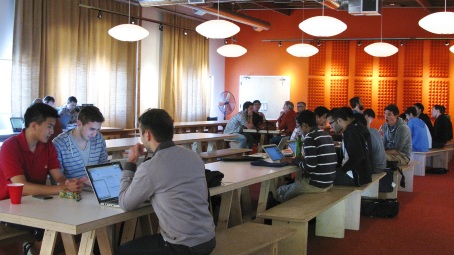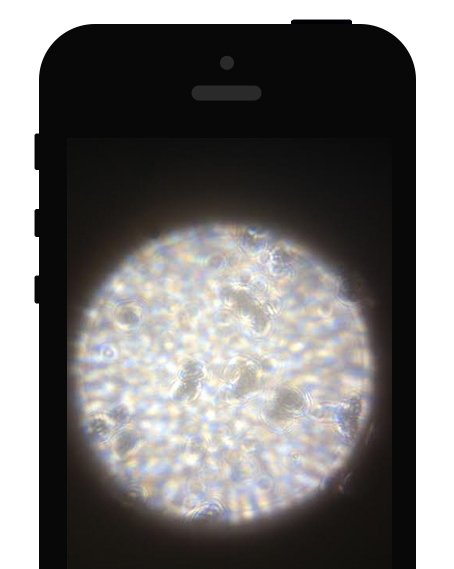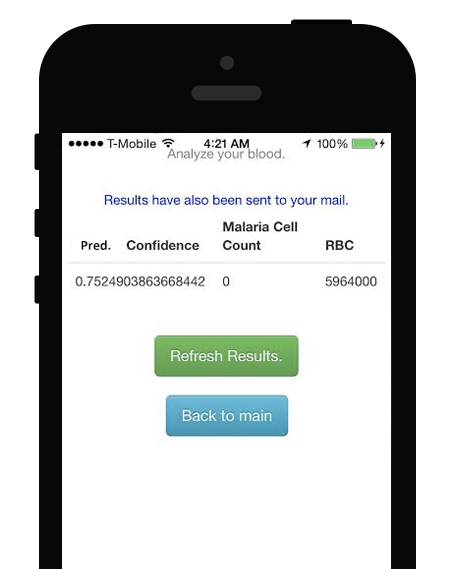Think you’re sick? Skip the trip to the doctor’s office — just download this mobile app, add its supplementary small lens to your smart phone, prick your finger, and snap a shot of the blood sample.
In a matter of seconds you’ll be told whether you have malaria, cancer, or a range of other diseases.
While this might seem like a hypochondriac’s dream come true, there are obvious flags raised about an at-home diagnostics test kit like this. We’ll get to them momentarily — worth noting is the fact that this technology, referred to as Athelas, has proven so incredibly accurate that it just won a prize at a hackathon held by the renowned start-up incubator, Y Combinator.

It would be great to break the technology down a bit further, but the way it works is really as simple as described at the start of the story — the user simply takes a picture of their blood sample using the lens attachment.

The image is then sent to the app’s servers for analysis, and a diagnosis is sent back to the user in a matter of seconds.
Tanay Tandon is the leader of the team that entered Athelas at the contest. In the group’s submission, he wrote: “For more than two centuries, cell morphology — or the practice of viewing / analyzing a person's blood in order to diagnose conditions — has been the primary way to approach medicine.
“Yet, despite the critical nature of blood analysis to the medical industry — the process has hardly changed from its long, expensive form for 150 years.”
He then adds that a mobile diagnostics technology such as that which they developed will prove valuable not only in homes everywhere, but especially in rural areas, where existing equipment is in dire need of updating.
Despite its success at the Y Combinator event, experts have been quick to criticize Athelas.
“This app will create more confusion then alleviate anxiety,” Dr. Amar Safdar, the director of transplant medical diseases at New York University's Langone Medical Center, told the BBC in a request for comment. “The major limitation for this approach is that most viruses require electron microscopic exams to see them.”
Dr. Safdar went on to reference the current outbreak of Ebola, saying that patients who are in the early stages of the disease might not have large enough quantities of the virus in their system to be diagnosed by a mobile app and small lens. Such misdiagnoses would allow the virus to go unaddressed and put the individual’s health in serious jeopardy.
Despite the concerns of Dr. Safdar and other diagnostic experts, the prize Tandon and his team have won is the exclusive opportunity to interview with Y Combinator, where they can explain why Athelas deserves to be in the next grouping of the company’s start-ups.
For those unfamiliar with Y Combinator and curious as to why an interview would be so highly sought after, the California-based accelerator has a long list of successful companies on its alumni roster, including Reddit, Dropbox, and Airbnb, all three of whom are billion dollar brands today.
To learn more about Athelas, check out its Y Combinator submission page
Advertisement
Learn more about Electronic Products Magazine






